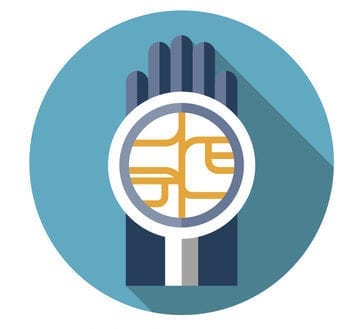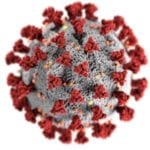Imprivata is trying to give its customers some reassurances about the cleanliness of its PatientSecure identification solution during the COVID-19 pandemic. PatientSecure utilizes palm vein recognition to verify the identities of patients in a medical facility, and to ensure that doctors have access to the full medical history of each patient.

However, many people have raised sanitary concerns about contact-based biometric scanners, including the palm vein scanner used in PatientSecure. Physical devices represent a potential vector of transmission, especially when those devices are deployed in a venue where people are likely to be sick.
While Imprivata acknowledges the concerns, the company insists that using the PatientSecure system is safer, cleaner, and more effective than the alternatives. Patient identification is essential. Treating someone using incomplete or inaccurate medical records can have adverse health and financial consequences, so healthcare providers would still need some way to confirm the identities of patients in the facility. Without PatientSecure, many facilities would have to ask patients to hand over their driver’s licenses or fill in forms with a pen and paper.
Those physical objects have just as high a risk of transmission, and are much harder to clean than the palm vein scanner. Imprivata advises healthcare facilities to treat the scanner like any other medical device, and to make sure that it is clean for each new patient.
PatientSecure debuted in April of 2019, and is the result of Imprivata’s partnership with Verato. Imprivata is also collaborating with Microsoft in an effort to advance digital identities in the healthcare industry.
Verato, meanwhile, has responded to the pandemic with a new solution that links telehealth records to a more traditional electronic health records system to consolidate a patient’s medical history. The Telehealth Identity Bridge is being offered free of charge to healthcare providers for the rest of 2020.
–
May 26, 2020 – by Eric Weiss







Follow Us